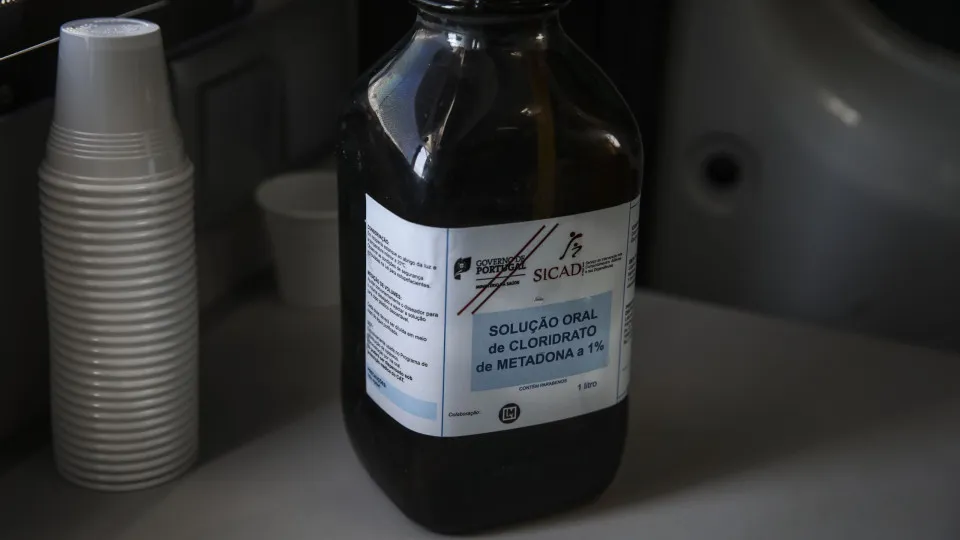
“It is very important that the country recognizes this as a public health issue. Every country in Europe has national allergy programs. Portugal is somewhat out of step and a bit behind. We have legislation specifically for schools, but it is still not being followed,” said André Moreira, who is also a professor of Immunoallergology at the Faculty of Medicine of the University of Porto (FMUP).
André Moreira, speaking on the occasion of World Anaphylaxis Day, observed that “in the European Union, over the past 20 years, visits to emergency departments for anaphylaxis in more severe and potentially fatal allergic situations have quadrupled, but awareness of this problem remains very low.”
Anaphylaxis is a potentially fatal systemic reaction that can involve multiple organs and requires immediate medical intervention.
This reaction can be triggered by allergens, such as foods (eggs, milk, nuts, seafood, among others), insect stings, medications, or latex, affecting an estimated 1% to 2% of the global population.
“When we are exposed to an allergen, our immune system may overreact by releasing large amounts of chemicals, like histamine, which lead to a series of symptoms,” the specialist described.
Symptoms may include, among others, breathing difficulties, a sudden drop in blood pressure, and shock.
This condition “can affect anyone at any time, but with early recognition, prevention, and preparedness, many lives can be saved.”
“Portugal is following a curve in this epidemic of allergic diseases with some delay compared to the rest of Europe. We know how this will progress by comparing with other countries. In the UK, for instance, in a class of 10-year-old children, there is one child at risk of anaphylaxis from a food allergy. In Portugal, it’s about one child per six to seven classes, but we know that in 10 years, the landscape will be completely different,” he pointed out.
Currently, there are no specific drugs to treat the disease, and only recently has it been coded. Immediate treatment with adrenaline is the most effective measure to prevent severe complications or fatal outcomes.
“International studies show that only about one-third of patients received adrenaline administered by healthcare professionals, and the use of auto-injectors by laypeople is even lower. Additionally, many patients who should have auto-injectable adrenaline do not possess it or use it at the time of a reaction, highlighting the need for greater literacy and better community preparedness,” reads a statement from FMUP sent to Lusa.
This is why André Moreira emphasizes the importance of prevention and information, noting that it is not the patients and families living with this problem who most need awareness because they usually take all necessary precautions.
“There are a set of measures that need to be taken, whether in a school setting or in a catering setting. Those who pose a risk are not necessarily the patient or the family, but other people (…). We are now approaching a critical time, the Christmas parties. The most common allergy is to nuts. Therefore, the panic for a family during school Christmas celebrations or a visit to friends’ homes becomes immediately apparent because the child may inadvertently come into contact,” he described.
“And then, at different ages, when dating, what the boyfriend or partner eats, a kiss, are behaviors that can put life at risk,” he added.
World Anaphylaxis Day was established by the EAACI last year and will be marked in Portugal for the first time with the international debut of the documentary “Triggered: The Reality of Anaphylaxis” and a sharing session with European specialists that will take place on Friday at 10:00 AM at FMUP.




